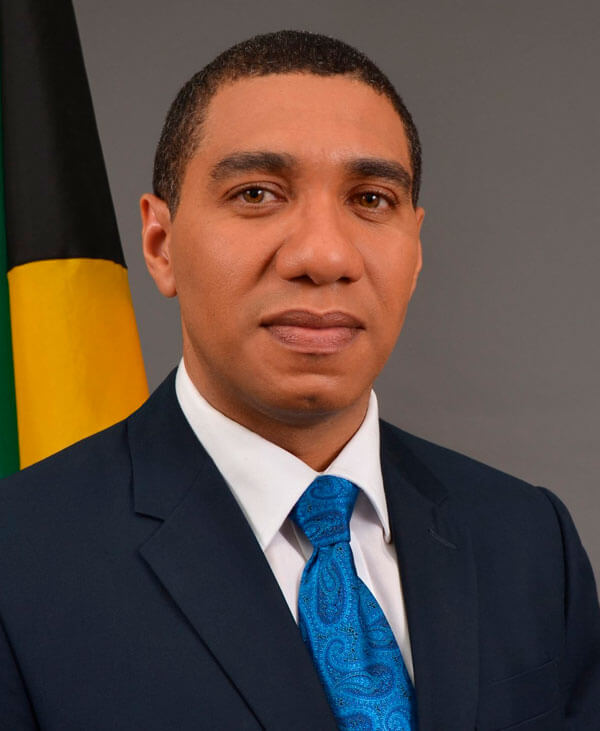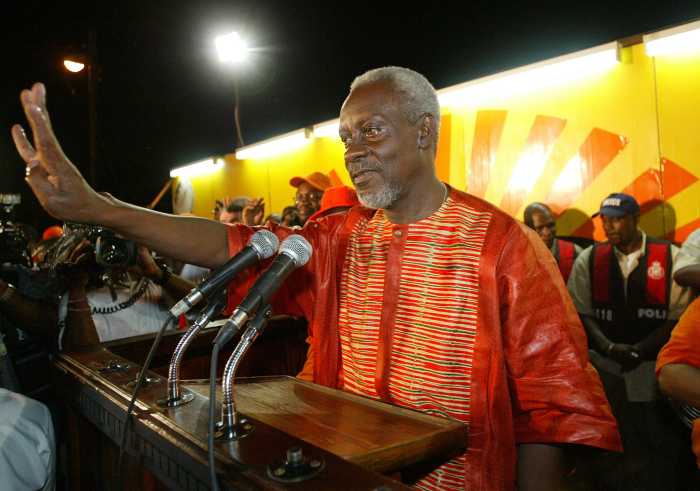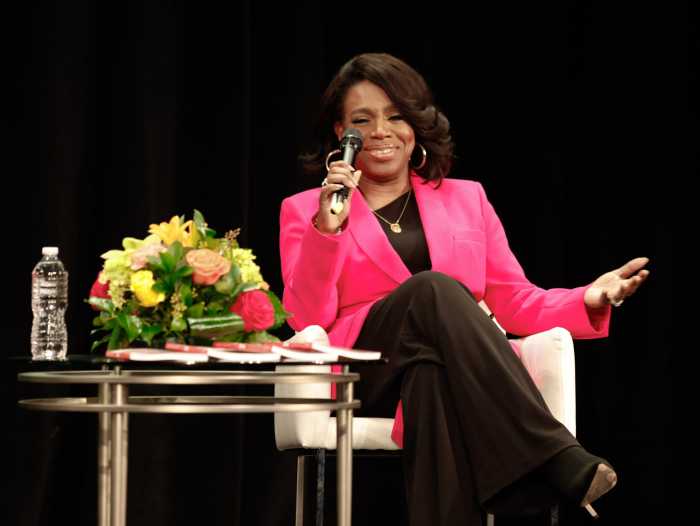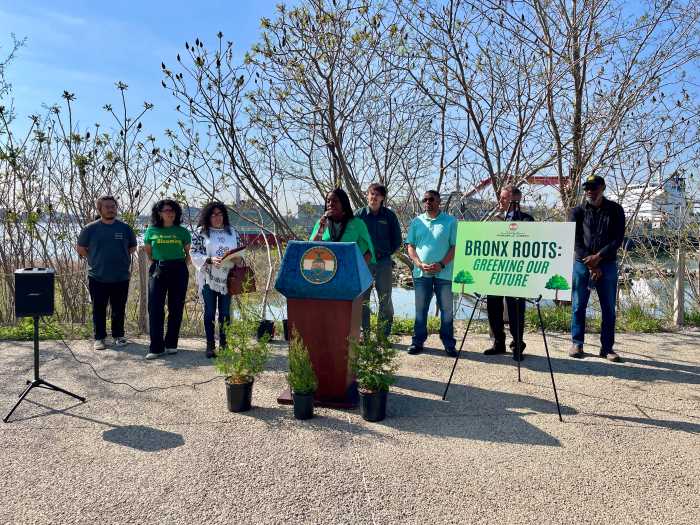Two of the founding and main members of the 15-nation Caribbean Community of nations are grappling with murders rates that are so ridiculously high that police and national security officials are at a loss to come up with solutions to stem the bloodletting.
Jamaica, which in recent years had seen a drop in the rate from more than two killings per day is close to breaking recent records with 900 killings so far in 2016 even as more than a week is left in the month of September and as three full months remain in the year.
Trinidad on the other hand, is averaging more than one a day, up from one every 36 hours as was the case in recent years. The Express Newspaper this week tallied the figure as 333, hours after two men were slain in drive by shootings in and near the city.
As of mid week, the Jamaican official figure was 893 according to the records of the 19 main police divisions across the island nation of about three million. Last year’s figure was 882, down from numbers like 1,100 and more in the past two decades.
The Gleaner Newspaper says that three persons are being killed daily or about 100 per month with the rural parish of St. James topping the list of bad districts with close to 200.
The reports come just as the seven-month-old administration of Prime Minister Andrew Holness is preparing to comply with a commission of inquiry recommendation to apologize and compensate residents of the low-income, volatile, but infamous Tivoli Gardens constituency, which was the scene of a mid 2010 operation by soldiers and police to capture or kill renowned drug king pin and gang leader Christopher “Dudus” Coke. The United States government also assisted in the operation to successfully extradite him to the United States where he was convicted and jailed on felony charges.
Gun battles involving heavily armed supporters of Coke and security forces left 73 people dead, most of them civilians. The apology is to be read by the prime minister in parliament.
But even as officials are preparing to bring closure to one of the most violent episodes in recent history, churches of various denominations, private sector and other groups say they are concerned with the direction that the murder measuring gauge is headed.
The escalating crime rate has not escaped the attention of private-sector leaders and members of the Economic Growth Council (EGC), the body appointed by Prime Minister Andrew Holness to help spur economic growth.
PM Holness recently appointed the body to come up with ways of improving the country’s economic performance but officials quickly drew the link with escalating crime and murders as hindrances to growth.
Down south in Trinidad, the killing spree has so flustered the 12-month-old administration of Prime Minister Keith Rowley that it called in Opposition Leader Kamla Persad-Bissessar and her team to an emergency meeting to discuss the situation.
And if that was not an enough show of concern, titular or ceremonial President Anthony Carmona might have broken constitutional protocol by demanding a security meeting with Minister Ed Dillion, the police and army chiefs. The move triggered a raging debate about whether he had such powers to do so. Officials are awaiting his return from an international law assignment in Guyana to listen to explanations as to why he dabbled in daily politics.
Still, the Inter American Development Bank (IDB) says is it studying crime and violence in the Bahamas, Barbados, Jamaica and Trinidad.
“The pervasive effects of crime and violence can be seen in all parts of the world and the Caribbean is no exception,” the IDB said.
“It is important to recognize these differences and understand the unique dynamics of crime in each country to design relevant policies,” the bank said.



























